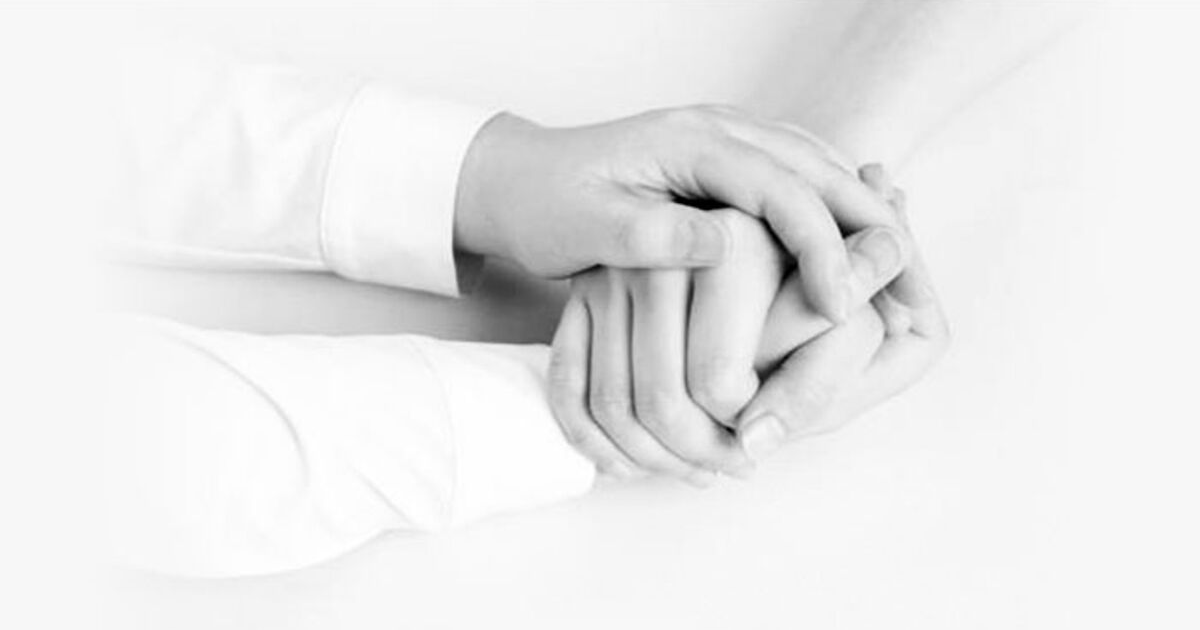We must look out for our new mums
Posted by Ariane Beeston on 18th June 2021
We are so saddened to hear of the death of Brisbane mother, Tammy Silvio, who tragically took her own life this week after experiencing postnatal depression.
A Go Fund Me post, written by Sarah Lanigan on behalf of Ms Silvio’s partner, Chris, notes that the couple welcomed baby Cooper into the world on 12th April 2021. “Cooper is perfect and everything they dreamed of,” Ms Lanigan writes.
“The family were enjoying the first few weeks of parenthood with all its ups and down, however Tammy started to develop the symptoms of postnatal depression,” she continues. “Chris rallied around his wife, providing her every support and she bravely fought for her family, but sadly she lost her battle on Monday 14 June …”
Describing Ms Silvio as a “strong, smart, determined and caring young woman who wanted nothing more than to become a mother,” Ms Lanigan adds that she was the centre of Chris’s world.
“Chris has bravely allowed me to share Tam’s story in the hope that it will help others who may be experiencing postnatal depression to seek help immediately,” Ms Lanigan writes. ” And to also support those who are watching someone they love battle this illness.”
In Australia, suicide is one of the leading causes of maternal death (AIHW, 2020) And one in five women will experience a perinatal mental health issue.
COPE research shows that 74 per cent of women don’t seek help until they reach crisis point.
Asking for help is hard and can be overwhelming.
A lot of people battling postnatal depression recall wishing their loved ones asked “how are you?” for a second time when they were greeted.
People with postnatal depression often say, ‘I wish they asked me again’, because while it was easy to say, ‘yes, everything’s great’, the fact was that everything wasn’t.
You need to create that opportunity to really have that open and honest conversation
Dr Nicole Highet, COPE Founder and Executive Director
Here on our site we have information about the range of mental and emotional challenges faced during pregnancy and in the postnatal period, including anxiety, depression, and postnatal psychosis. We also have detailed advice for partners and friends on how to talk to and help someone you’re concerned about and what to look out for.
The first thing to take note of is whether you have noticed any changes in the person’s behaviour. For example, do they seem more withdrawn than normal? Are they avoiding social interactions with others? Have they stopped doing things they used to enjoy? Are they coming to work later or finding it difficult to concentrate/meet work deadlines? Do they seem to be drinking more?
These are some possible indicators that someone may be struggling.
We also know from our research that our Ready to COPE guide, which is available for expectant and new mums and dads has also helped to prepare parents for the emotional and mental health challenges faced during pregnancy and after baby.
Ninety-one per cent said Ready to COPE made them feel less alone with the more difficult emotional and/or mental health challenges and, of those who struggled with their mental health, 72 per cent said Ready to COPE played an important role in their decision to get help.
You can also find help for yourself or a loved one via our e-COPE directory, which supports people to identify services with expertise in perinatal emotional and mental health.
Look out for the new parents in your lives – reach out and reach in.
And if you’re struggling, please know you’re not alone. Help is available.
The COPE Team
